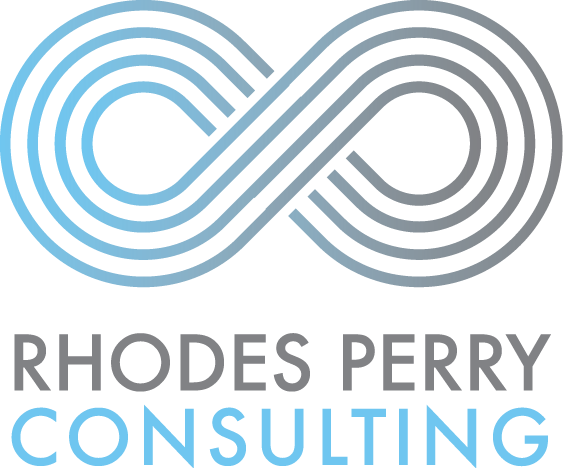2018 DEI Trends: Sourcing Candidates with Non-Traditional Credentials
Last week I published the second of six posts exploring emerging trends for diversity, equity, & inclusion (DEI) professionals. This week’s post examines how we can source candidates with non-traditional credentials to meet the high demand for talent in booming industries such as tech, healthcare, and green energy. To compete for the best and brightest, HR departments must consider new strategies to recruit high potential talent given the historically low unemployment rate, which has increased the demand for skilled workers.
Industry leaders thinking outside of the recruiting box include those recruiters in the tech industry. These recruiters have opened up their candidate pools to draw upon individuals that have successfully cultivated their skill-sets through non-traditional training programs like coding bootcamps. Coding bootcamps continue to emerge in localities across the country considering that half a million of today’s five million open jobs in the United States are in tech, and the shortage of skilled workers remains significant.
Sourcing candidates from beyond traditional tech and engineering institutions makes sense given that nearly 40 percent of today’s IT jobs can be done without four-year degrees. In other words, a traditional computer science or engineering degree doesn’t necessarily translate into immediate success in the industry. Tech titans like Steve Jobs and Bill Gates are two individuals that immediately underscore this point. Both Jobs and Gates dropped out of college to pursue their entrepreneurial dreams, and ultimately put a gigantic dent in virtually every industry on the planet.
While the tech industry draws upon some of the 95 coding bootcamps in the United States alone, industry leaders in healthcare also understand the value of effectively sourcing high potential talent from non-traditional pipelines. In order to effectively source talent, healthcare leaders continue to build their own pipelines to develop middle-skill jobs. Developing these pipelines are a direct response to the high demand for skilled workers in the United States’ fastest growing industry. According to a recent Urban Institute report, building middle-skill pipelines goes beyond simply hiring workers for middle skills jobs, and includes activities like:
Developing entry-level health care workers for advancement
Investing in middle-skill job training for veteran employees
Offering coaching support to help workers advance
Creating new positions with greater responsibility and purpose with higher pay
Building partnerships across the industry to create reliable pipelines
Green energy leaders have also reimagined recruiting high potential talent from nontraditional sources. Partnering with the U.S. Department of Labor in 2011, industry leaders were already hard at work developing key strategies to strengthen the green job talent pipeline by including opportunities for people with disabilities to increase employment and economic self-sufficiency. Strategies to engage talented adults with disabilities in the green energy field include: 1) offering subsidized professional training opportunities; 2) building strategic alliances to identify and connect talent to existing opportunities; and, 3) promoting inclusion by dedicating a set number of training opportunities for people with disabilities, as well as for people from other underrepresented groups in the industry.
Bottom line – leaders from across booming industries short on talent, yet abundant with new recruiting strategies continue to reimagine recruiting pipelines. These leaders often build their own non-traditional pipelines to attract the best and brightest talent, which more often than not, emerges from non-traditional backgrounds. As your firm continues to evolve and compete for high potential talent, subscribe to the RPC Belonging at Work Newsletter for more ideas, strategies, and solutions to help address your specific workplace inclusion challenges.


